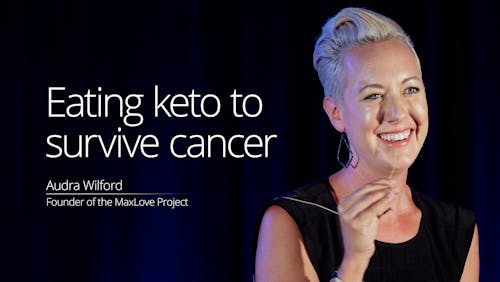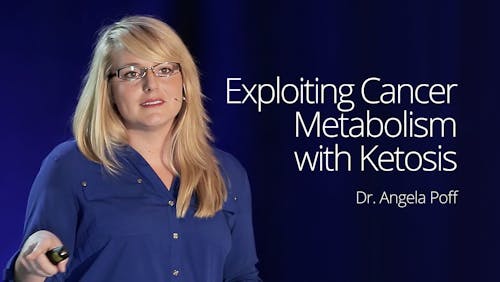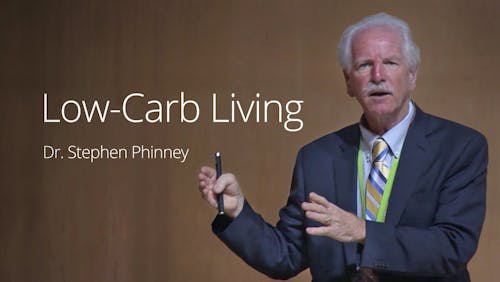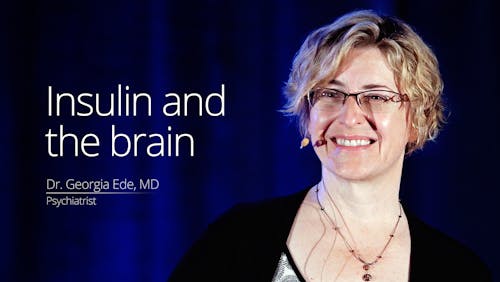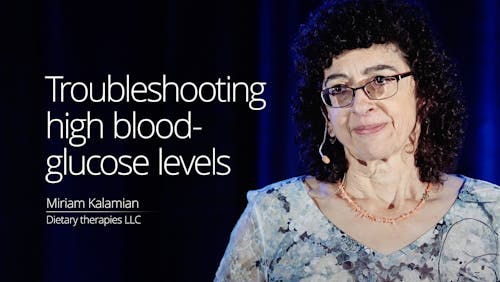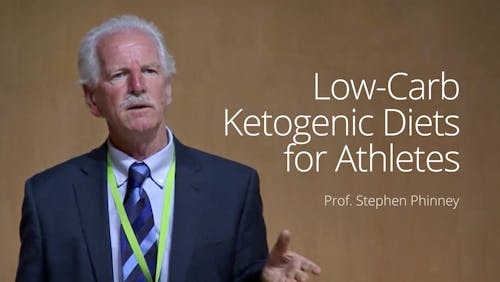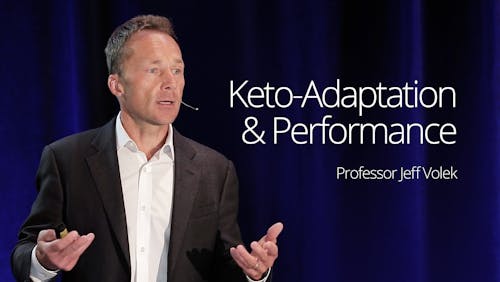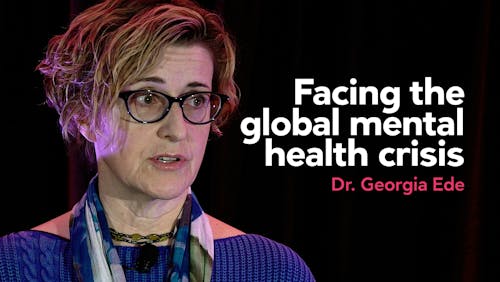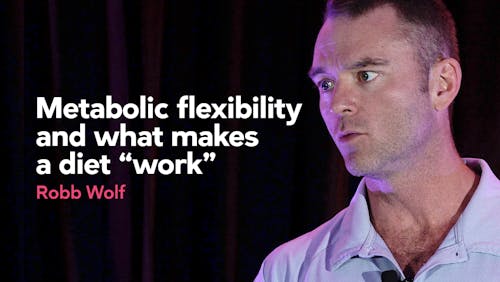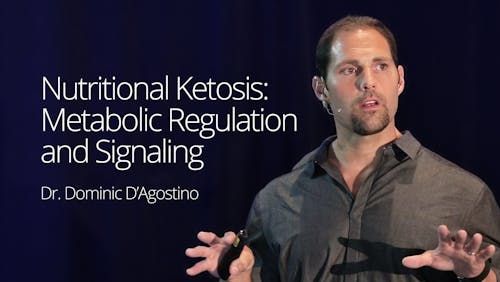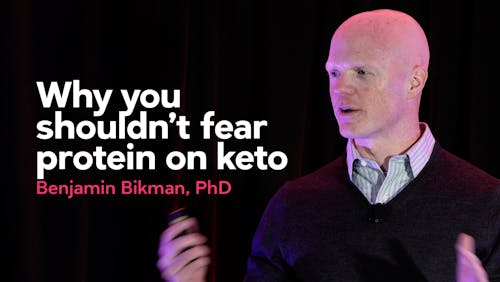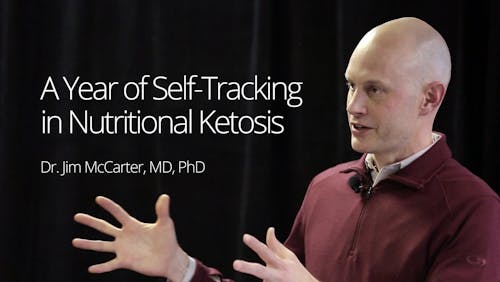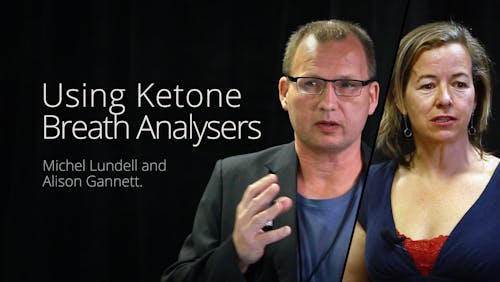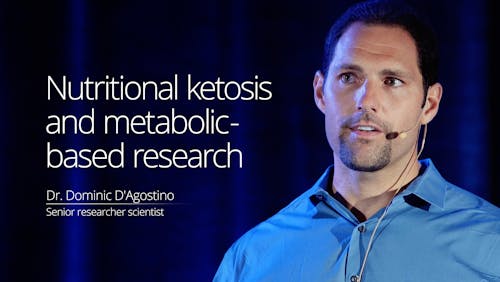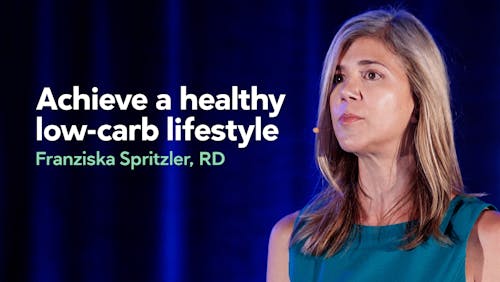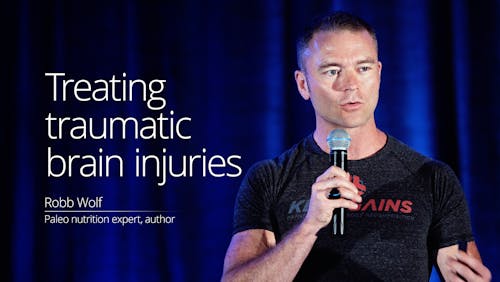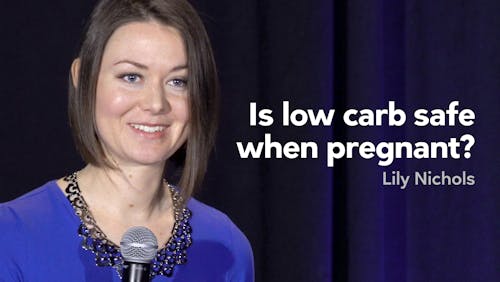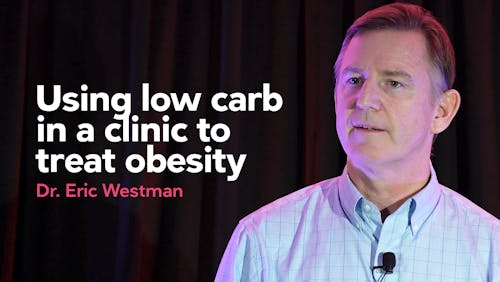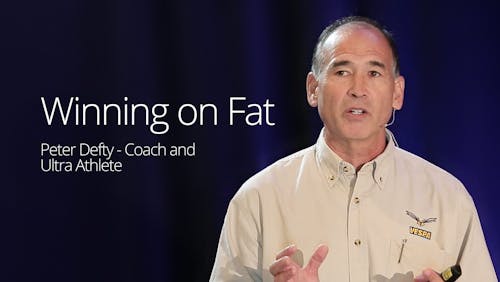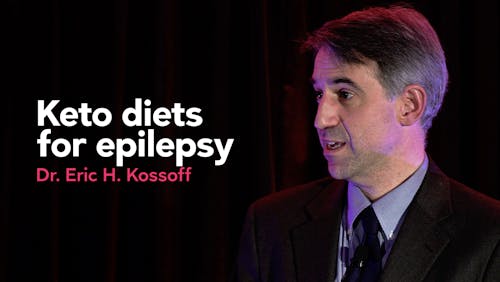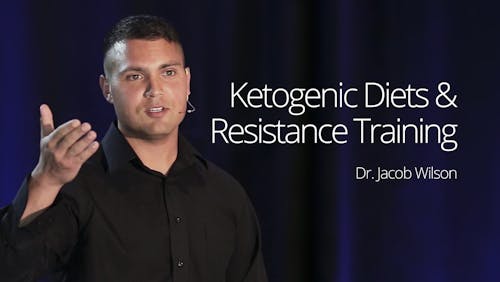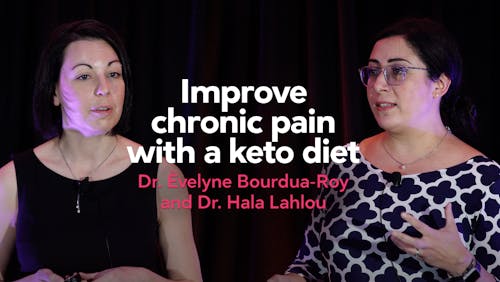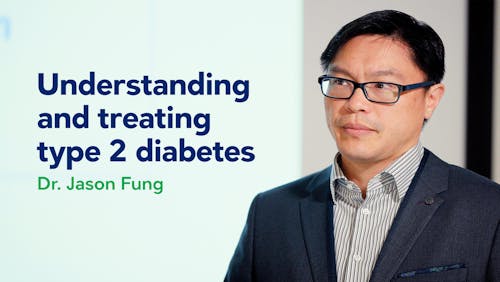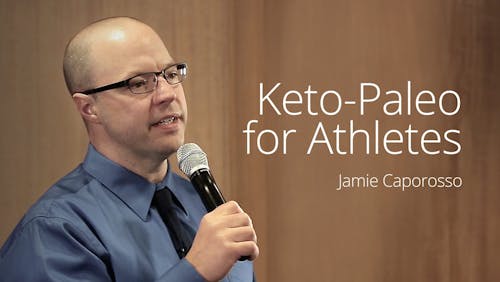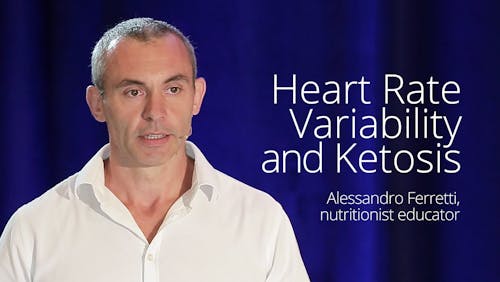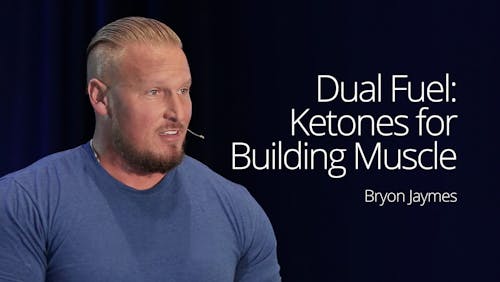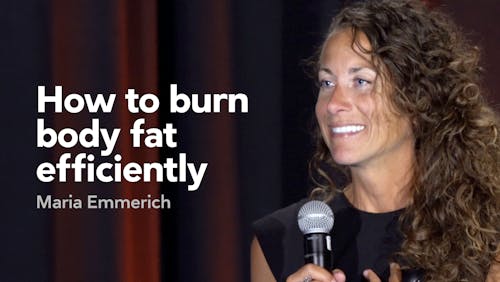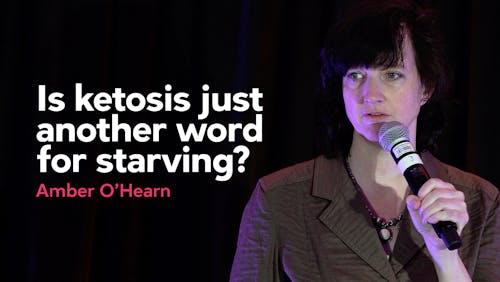Food for thought: Does the brain need carbs?
You may have heard the brain requires carbs in order to function. This can sound like a convincing argument not to go full keto. But is it true? Read on to learn why your brain keeps working when you stop eating carbs, or click on the links above to go right to a certain section.
Your brain needs a constant energy supply
Your brain is arguably the busiest organ in your body. It enables you to make decisions, read, speak, and perform hundreds of other actions instantly.
It’s also responsible for several involuntary processes that are crucial for survival, including breathing, regulating body temperature, and secreting hormones. It serves as the headquarters of the central nervous system, receiving and sending messages throughout your body that allow you to do things like spot a car that suddenly pulls in front of you and then brake or swerve out of the way to avoid it.
Although it accounts for only 2% of your body weight, your brain consumes 20% of your daily energy.
In order to carry out its important functions, the brain requires a steady fuel supply. The brain can use two main fuels, glucose or ketones, both of which cross the blood-brain barrier.
In people who eat a diet moderate to high in carbohydrates, the brain’s main energy source is glucose. In people who eat a low-carb, ketogenic diet, the brain can use ketones to meet a major portion of its energy needs.
What happens when you don’t eat any carbs?
It’s estimated that when fueled by carbohydrates, the brain needs roughly 110-145 grams of glucose (from the breakdown of carbs you eat) per day in order to function optimally.
What happens if you eat far fewer than 110 grams of carbs per day, or even no carbs at all? Does the brain starve? Absolutely not!
Your liver and muscles store glucose in the form of glycogen. Although the amount varies from person to person, an average-sized man weighing 154 lbs (70 kg) stores about 100 grams of glycogen in his liver.
When you stop eating carbs for several hours, liver glycogen is broken down into glucose and released into the bloodstream to prevent blood glucose from dropping too low. Although far more glycogen is stored in your muscles than in your liver, it remains in the muscles to meet their energy needs and can’t be released into the bloodstream to raise blood glucose.
After going 24-48 hours without any carbs, glycogen levels become depleted and insulin levels decrease (this happens much faster with high-intensity exercise).
At this point, the liver steps up its production of water-soluble compounds known as ketones, created by the breakdown of fatty acids.
This means there’s another fuel source available for the brain when the body runs low on stored carbohydrates.
Can your brain rely on ketones alone?
The brain always requires some glucose. However, researchers have shown that for some individuals following a strict ketogenic diet, ketones can be used to meet up to 70% of the brain’s energy needs.
For the remainder of the brain’s energy requirement, your liver can make all the glucose needed through a process known as gluconeogenesis (literally “making new glucose”).
Compounds that the liver uses to synthesize glucose include:
- Amino acids from eating protein (or, under conditions of inadequate protein intake or periods of starvation, from muscle breakdown.)
- Glycerol (part of a triglyceride molecule) from the breakdown of body fat or dietary fat.
- Pyruvate and lactate, which are molecules that form when the body metabolizes glucose. These molecules can be joined back together to re-create glucose.
So your brain can have all its energy demands met by the liver — from stored glucose, gluconeogenesis, or ketone production — whether or not you eat any carbs at all.
Indeed, the US Food and Nutrition Board’s 2005 textbook “Dietary Reference Intakes for Energy, Carbohydrate, Fiber, Fat, Fatty Acids, Cholesterol, Protein, and Amino Acids,” states that:
“The lower limit of dietary carbohydrate compatible with life apparently is zero, provided that adequate amounts of protein and fat are consumed.”
Video interviews
You may already know the answer, but in this video a number of doctors answer the question of whether the brain needs carbohydrates:
Using glucose alone vs. glucose and ketones for brain fuel
If you eat a moderate-carb to high-carb diet, your brain isn’t adapted to using ketones. Therefore, glucose will be the major fuel source for the brain.
Once your body has adapted to eating a very-low-carb or carb-free diet, the brain uses ketones to meet a large portion of its energy needs, and the liver makes as much glucose as is needed to meet the remainder.
This makes a lot of sense from an evolutionary point of view. It’s known that hunter-gatherers often went for several hours or even days without eating while searching for food. The ability to use a combination of ketones and glucose to fuel their brains was likely key to their survival.
Are ketones good for brain health and function?
Some experts believe that using a combination of ketones and glucose may be uniquely beneficial for the brain, especially in people with neurologic and mental health disorders.
Let’s take a look at some of these circumstances:
- Epilepsy: Although usually not completely devoid of carbs, the classic ketogenic and modified Atkins diets restrict carbs to less than 20 grams per day. Well-designed trials have shown that this level of carb restriction can be very effective in reducing — and in some cases eliminating — seizures in children and adults.
- Mental health conditions: While research is preliminary, anecdotal evidence, basic neurochemistry studies and a few promising clinical trials have suggested a ketogenic diet may improve symptom control for some mental health conditions.
For example, bipolar disorder – which is known to share some features with epilepsy – may improve on a ketogenic diet, as might schizophrenia.Read more in our guide on low-carb and mental health. - Traumatic brain injury (TBI): Trauma to the brain can impair its ability to use glucose efficiently and may lead to elevated blood sugar levels.
According to some studies, a carb-free or ketogenic diet may provide an alternative fuel to the brain as it heals, thus giving benefits to people who have sustained TBI’s. However, the most promising results to date have been shown in animal research. - Alzheimers: In Alzheimer’s disease there is documented insulin resistance in the brain that hampers the uptake of glucose for fuel, so much so that some researchers have called Alzheimer’s “Type 3 diabetes.”It has been known since the early 1980s, through the use of PET scanning, that brain glucose metabolism is impaired by up to 40% in individuals with Alzheimer’s and the problem shows up on imaging studies of the brain many years before cognitive problems begin to show.Studies have found, however, that while glucose uptake is impaired in early Alzheimer’s, the brain’s use of ketones for energy is not.Clinical studies, including a meta-analysis of intervention trials, showed preliminary but promising results of using a ketogenic diet for people with Alzheimers.
- Hunger control: A carbohydrate-free diet suppresses the “hunger hormone” ghrelin that is secreted mainly by the stomach. Ghrelin has multiple effects in the body, but one impact is on the brain’s hypothalamus to regulate appetite control.It also travels to the amygdala, the brain’s reward center.
This means that in a body burning ketones, the brain is receiving reduced hunger signals, which may enhance weight loss and diabetes control.Importantly, although considered high-quality research, these studies are very small. Nevertheless, they provide clinical evidence that helps confirm what many people report after adopting a carb-free diet — they feel much less hungry.
Bottom line
In short: Eating carbohydrates to fuel the brain is an option, not a requirement.
It’s true that the brain can’t run entirely on ketones; it needs some glucose as well. However, your brain isn’t in any danger on a very-low-carb diet or even a diet that’s entirely carb-free. Thanks to gluconeogenesis, your body will reliably produce and provide your brain with all the glucose it needs.
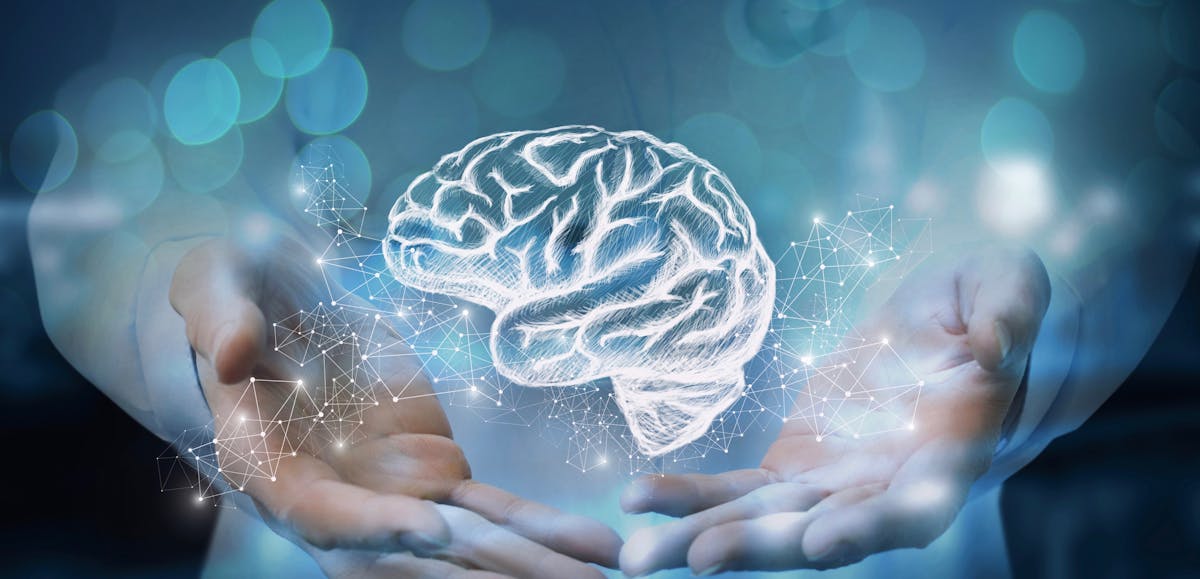
What is ketosis?
GuideWhat is ketosis? What benefits can it bring? Is it safe? In this guide, you’ll find everything you need to know: how to use ketosis for weight loss, health, and performance; the optimal levels of ketosis; and how to measure and get into ketosis.

